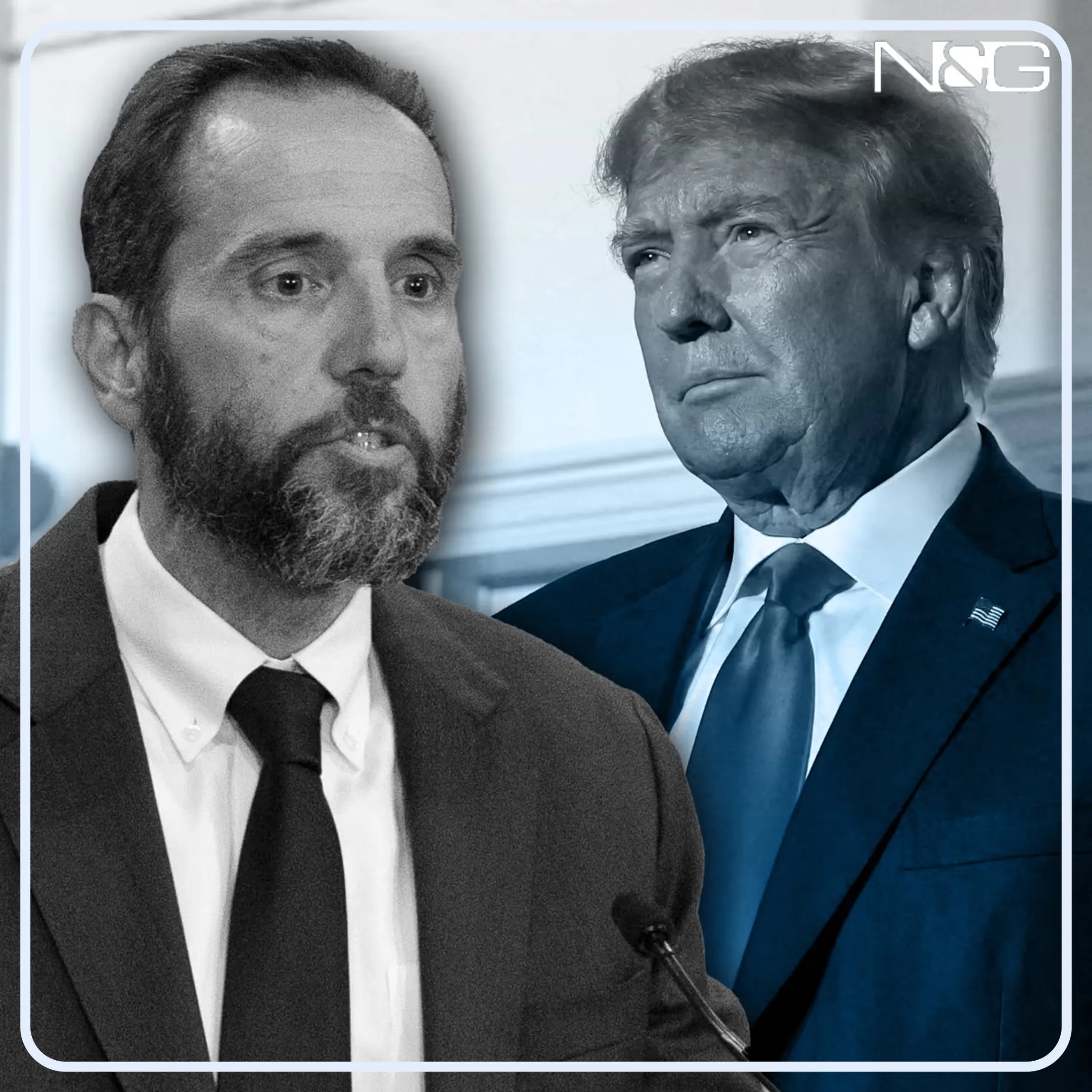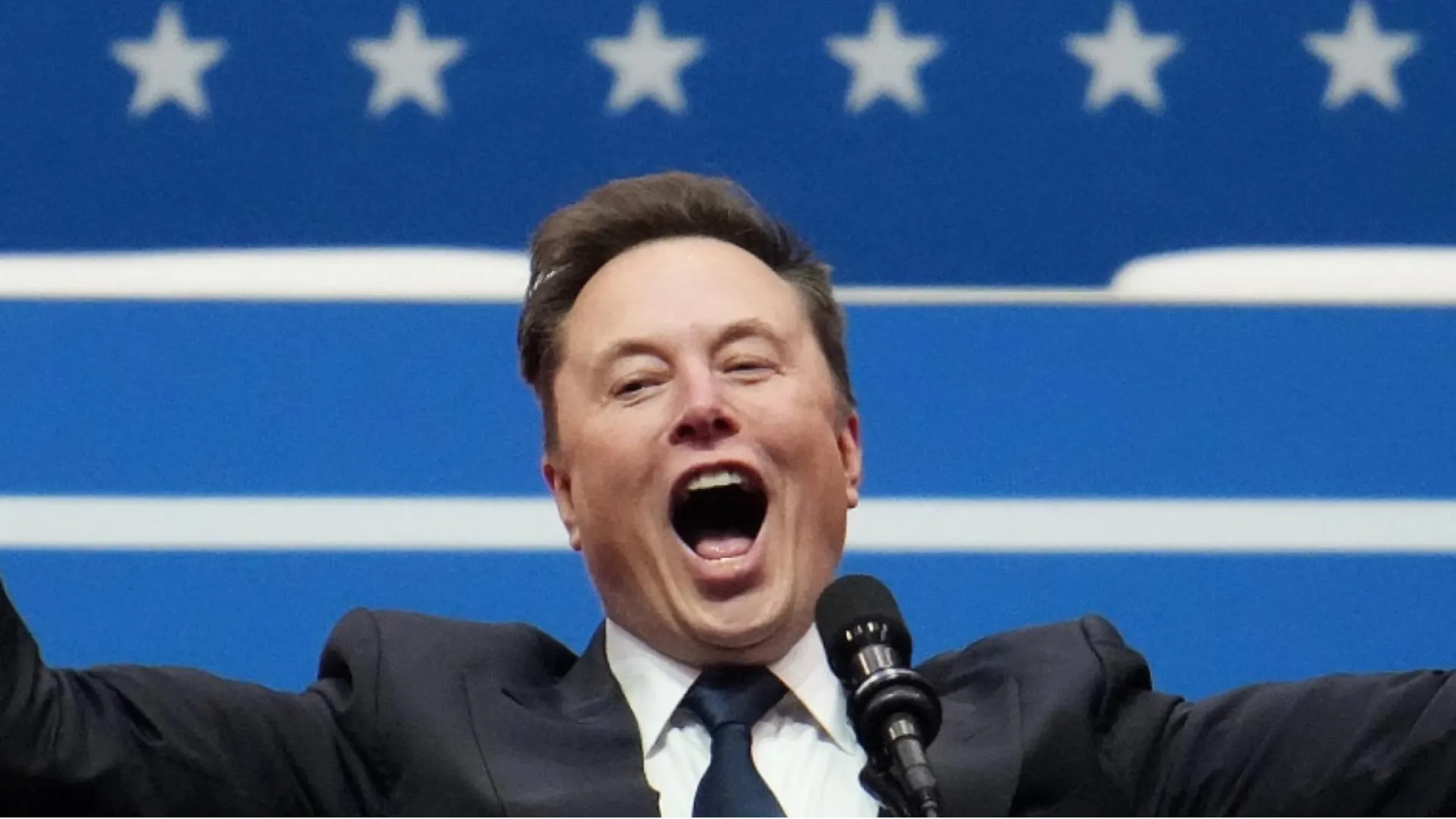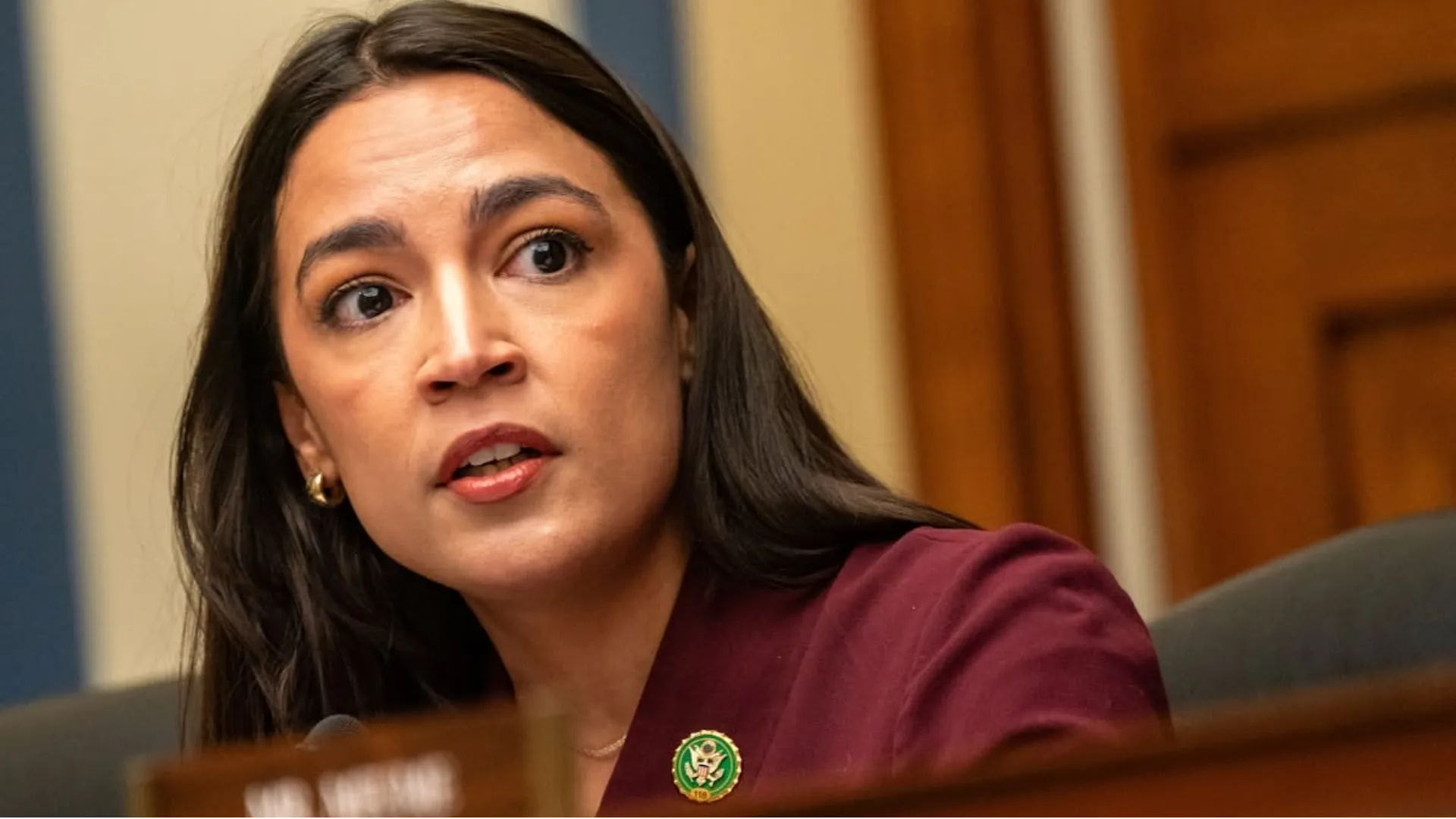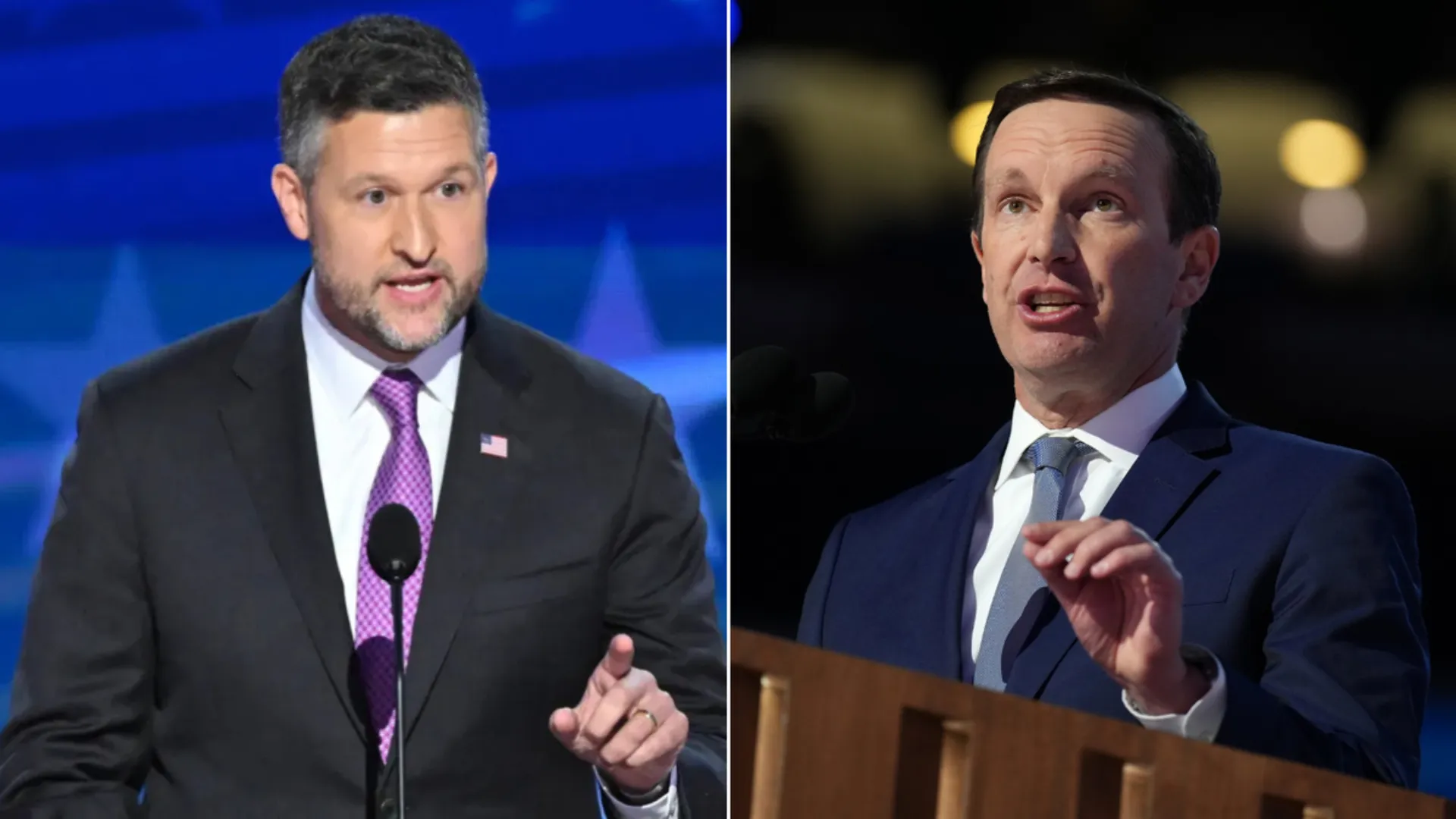
Pete Hegseth, President-elect Trump’s nominee for Defense Secretary, has found himself at the center of controversy.
Allegations and past comments have sparked debates over his suitability for the role, particularly following revelations of a private email from his mother accusing him of mistreating women.
In an email reportedly sent in 2018, Penelope Hegseth, Hegseth's mother, criticized her son for what she described as years of inappropriate behavior toward women. "On behalf of all the women (and I know it’s many) you have abused in some way, I say … get some help and take an honest look at yourself,” she wrote.
She also expressed her disappointment, saying, “As your mother, it pains me and embarrasses me to say this, but it is the sad, sad truth.” However, Penelope later claimed she regretted sending the email, explaining it was written in anger during a period when her son and his wife were going through a divorce.
She has since defended him, describing him as a good father and husband, and denounced the publication of her private remarks.
Hegseth’s nomination has drawn additional scrutiny due to past allegations of sexual assault stemming from an encounter in 2017. He has denied any wrongdoing, asserting that the incident was consensual.
His lawyer, Timothy Parlatore, stated, “He was cleared after a police investigation determined that the woman was the aggressor in the situation and was then the subject of blackmail. False claims like this undermine the gravity of real sexual assault cases.”

The former Fox News host has also faced backlash for his controversial statements, including opposition to women serving in combat roles in the military. In a recent interview, Hegseth argued that such positions should be reserved for men, a viewpoint that has drawn criticism from advocates for gender equality in the armed forces.
Additionally, he has called for the removal of what he describes as “woke” generals from the Pentagon, including Joint Chiefs Chairman Gen. C.Q. Brown.
These controversies have sparked debates among lawmakers. While no Republican senators have publicly opposed his nomination, some have expressed skepticism.
Given the slim margins in the Senate, only four Republicans siding with Democrats could block Hegseth’s confirmation. Despite the criticism, Hegseth has staunchly defended his record, emphasizing his service as an Army veteran and his commitment to the nation's security.
Hegseth’s nomination has become a polarizing issue, highlighting broader tensions within the political landscape over military leadership and cultural policies.
Whether his confirmation succeeds or falters, the process underscores the challenges of navigating personal controversies and political divisions in modern governance.



